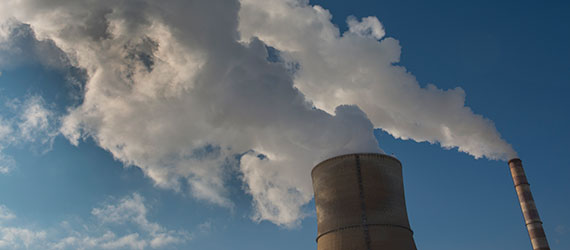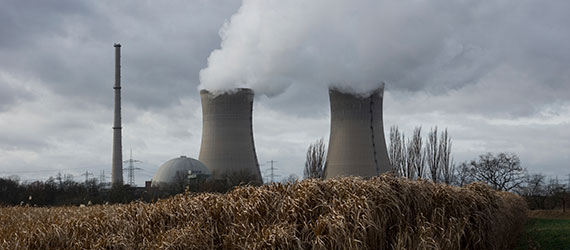
Improving the environmental sustainability of a cleaning process needs consideration of all the important impacts across the life cycle, not just of the consumables and equipment used, but of the whole process as it is operated.
Resources such as materials, energy and water are used at many different stages of the “life cycle” of the cleaning process. Waste and emissions can arise at various points, for example from disposables and packaging as solid waste or spent cleaning solutions disposed of to drain.

Improving sustainability means finding ways of making an overall improvement across this whole life cycle. For example, devising a cleaning product that took less energy to manufacture would make no sense if it needed twice as much to transport and use.
Contrary to what people tend to expect, most environmental impacts of cleaning processes arise or are determined ultimately when the product is used. This is where most energy is used and where product use is controlled. The user thus has a crucial role in minimizing environmental impact, but improving the sustainability of cleaning is ultimately a team game in which everyone in the design, supply and use chain has a key part to play.
Key life cycle impacts
Significant impacts across the cleaning life cycle can be evaluated using “life cycle analysis” (LCA). LCA studies build up highly detailed inventories of all the impacts, and can be used to compare alternative technologies and approaches. Click here for an example of such a comparison.
When making improvements to products, processes and equipment it’s often impractical to keep repeating such analyses in detail. But once the main impacts are known, ways can frequently be found of reducing certain impacts without significantly increasing others, so there’s a clear net improvement.
Generally, the most important environmental impacts of a modern cleaning process relate to the consumption of the following resources:
- Energy to heat water or power machines during the cleaning process as well as to manufacture and transport consumables such as cleaning products and tools
- Water, for cleaning and rinsing and also for manufacture of consumables
- Raw materials to make consumables – ingredients and materials for cleaning products and tools, and for their packaging
Waste and emissions
The generation of waste and emissions can be an important impact at various points in the life cycle. Waste that goes to landfill can be a major environmental impact, and efforts are made to reduce or eliminate this by minimizing waste generation and by recycling. The most significant emission is generally carbon dioxide (CO2) to air which impacts on climate change, though most CO2 is a by-product of energy generation and is automatically reduced when energy use is minimized.

When manufacture and use operations are properly managed, and products and processes are correctly designed, there should be no significant impact from emissions of materials to water from the manufacturing plant, or of finished products to drain. Even though most substances are hazardous (toxic to aquatic life for example), there will be no harmful effect provided the quantities emitted do not lead to unsafe levels in the water. This is routinely assured by proper environmental management in production facilities, good product and process design, and by correct use and disposal according to instructions by the user.
Same impacts, different patterns
Although most cleaning processes give rise to the same list of impacts, the importance of each varies widely from process to process.
The dominant impact in mechanical ware-washing for example is energy use during the cleaning process to heat water and run machinery. Manual building cleaning, in contrast, is less energy-intensive and raw materials for products and packaging can be major impacts, though the latter can be minimized by using concentrated products and appropriate dosing equipment.